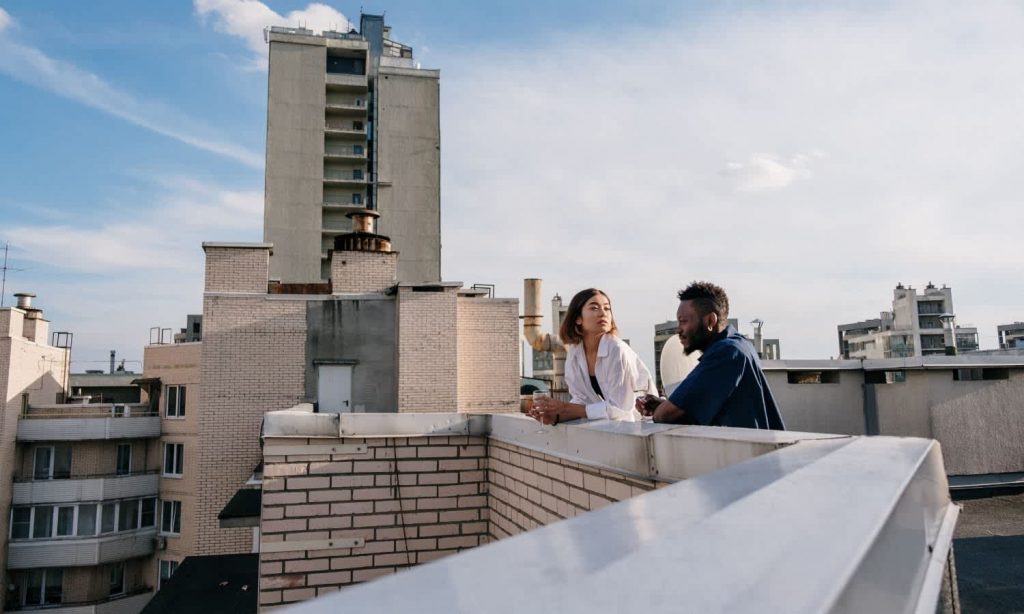The day of all things good and holy is drawing nearer. And by that, we mean the day we’re all vaccinated and can finally travel again. As we know, the vaccination rollout has begun in Australia, just over a year after coronavirus was declared a pandemic.
Remember when we all just said it was a bad flu, and was no big deal? Were we ever so young?
Now, for the majority of us, vaccination day is imminent. And we’ve got you covered whether you’ve got a needle phobia or are confused about what order to get the COVID vaccine and flu jab in. There are tips on staying vigilant throughout the rollout, and advice on how to prep for the vaccine. Doctors have even debunked the top three COVID-19 vaccine myths.
But some people are still wary about the vaccine, and have questions. Which is to be expected — this entire experience is so new to all of us, as is seeing a vaccine being developed in under a year.
So if you have a friend, family member, or loved one who’s on the fence — or is just questioning — here’s how to handle their doubts or scepticism with empathy, according to the ABC.
The first step
In the face of what you might consider to be misinformation, it’s easy to get frustrated — and to jump to conclusions. But there’s a difference between questioning and, well, anti-vax.
So the first thing to do is make sure you’re not making assumptions, and take a deep breath.
The second step
The ABC recommends asking yourself if it’s worth engaging — some people may not be open to different viewpoints. It’s best to focus energy on those who are unsure, don’t feel strongly either way, or have questions that need answering.
The third step
Here’s where you establish rapport and show empathy — acknowledging the concerns of your loved ones, without necessarily validating them. Make sure you are really listening to them, avoid using judgemental language and patronising them.
If you’re wondering how to start, you can ask where they heard a specific piece of information from, acknowledge the care they take with their health or acknowledge the difficulty people can face when looking for information they need.
Which takes us to…
The fourth step
Our article around the top three COVID myths covers some of these, but just in case, we’ll reiterate the most common ones the ABC flagged.
The vaccines arrived so fast. How do I know it’s safe?
These vaccines went through the same safety checks as any other vaccine you had. It’s not the science that’s been sped up, more so the administrative and funding processes.
Most people don’t even get that sick, so why do we need a vaccine?
Vaccination isn’t just about protecting ourselves; it helps us protect others. It means that in addition to being protected against the more serious side effects of the virus, you’re also less likely to pass it on.
I’m concerned about the side effects.
Regardless of the media coverage of the side effects, they are pretty rare — and they’re being very closely monitored. Mild side effects are pretty normal to experience. Remember, research shows COVID-19 vaccines are safe.
The fifth step
We listen to our loved ones, peers, and people we trust — so if you’re planning to get vaccinated, share that news with your loved ones, and tell them why.
The final step
Remember, you won’t have all the answers, nor do you need to. Keep the conversation going after a dialogue has been opened.
And also, there are people who will know this stuff much better than you — as in experts. Turn to, and encourage others to turn to, your state’s health department, the Australian Department of Health, the World Health Organisation, and even their local GP.
Read more stories from The Latch and subscribe to our email newsletter.







